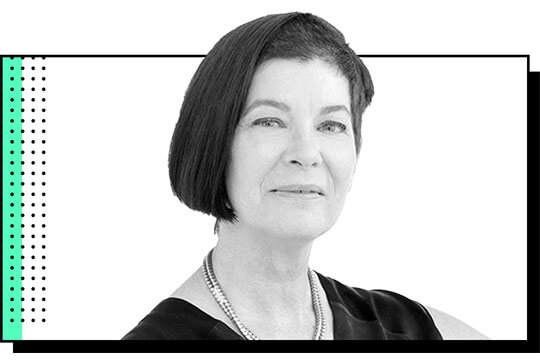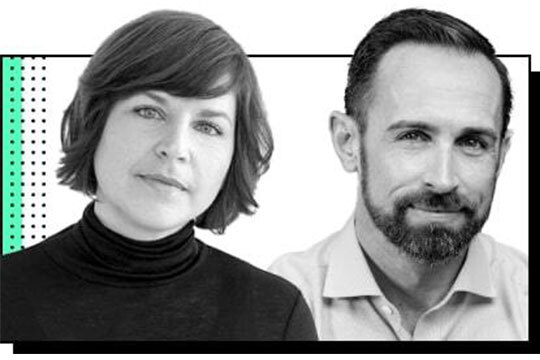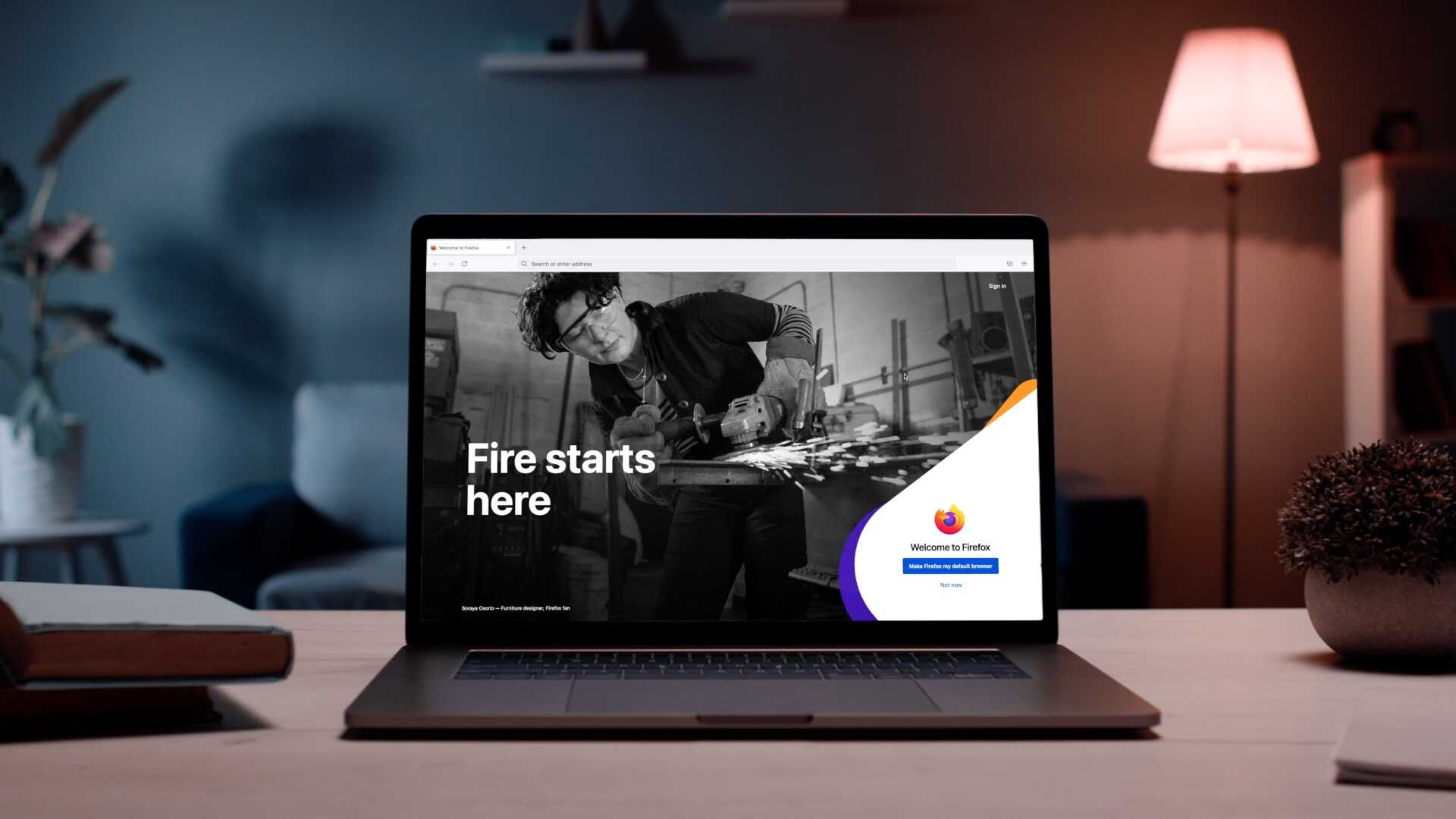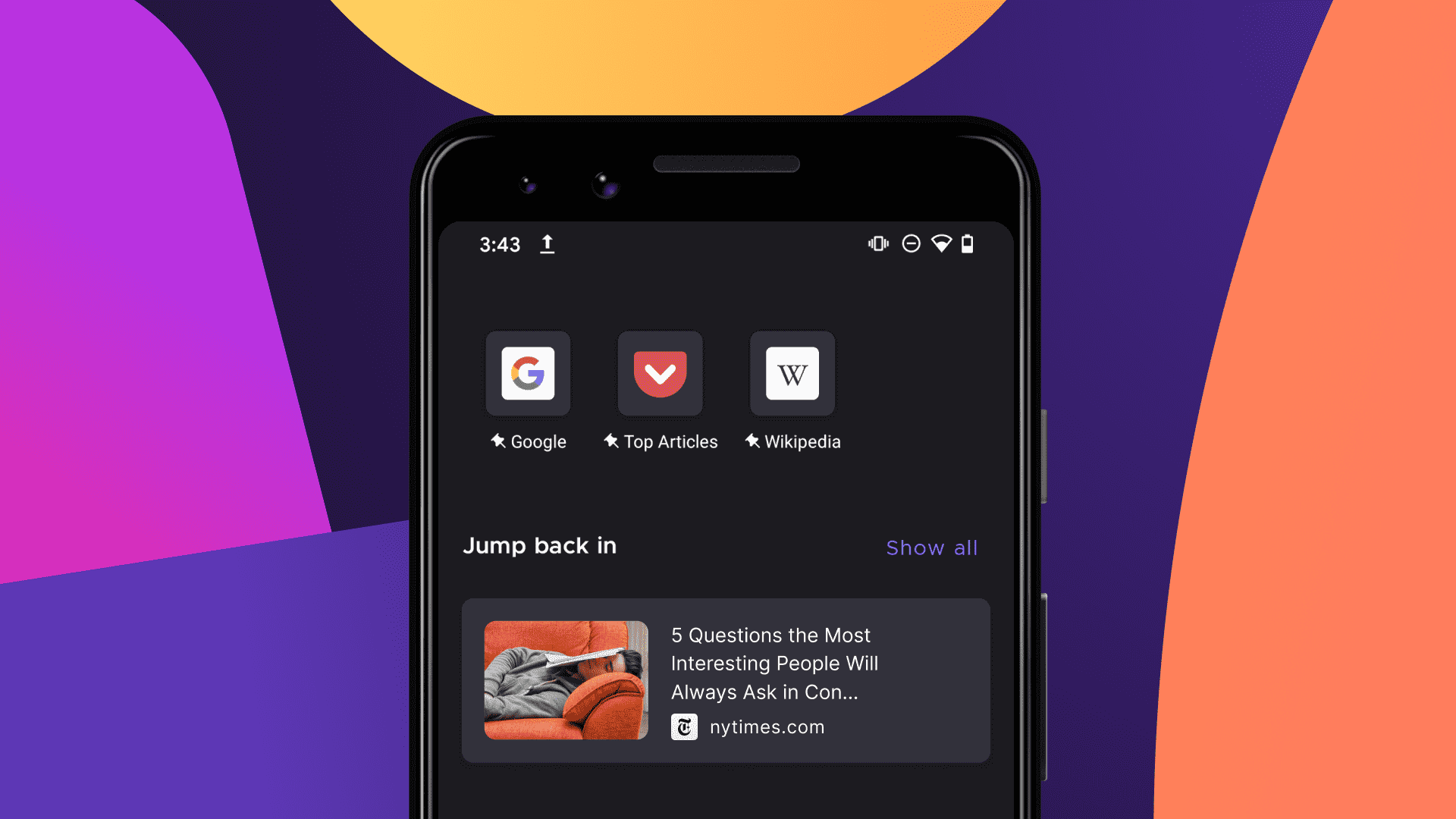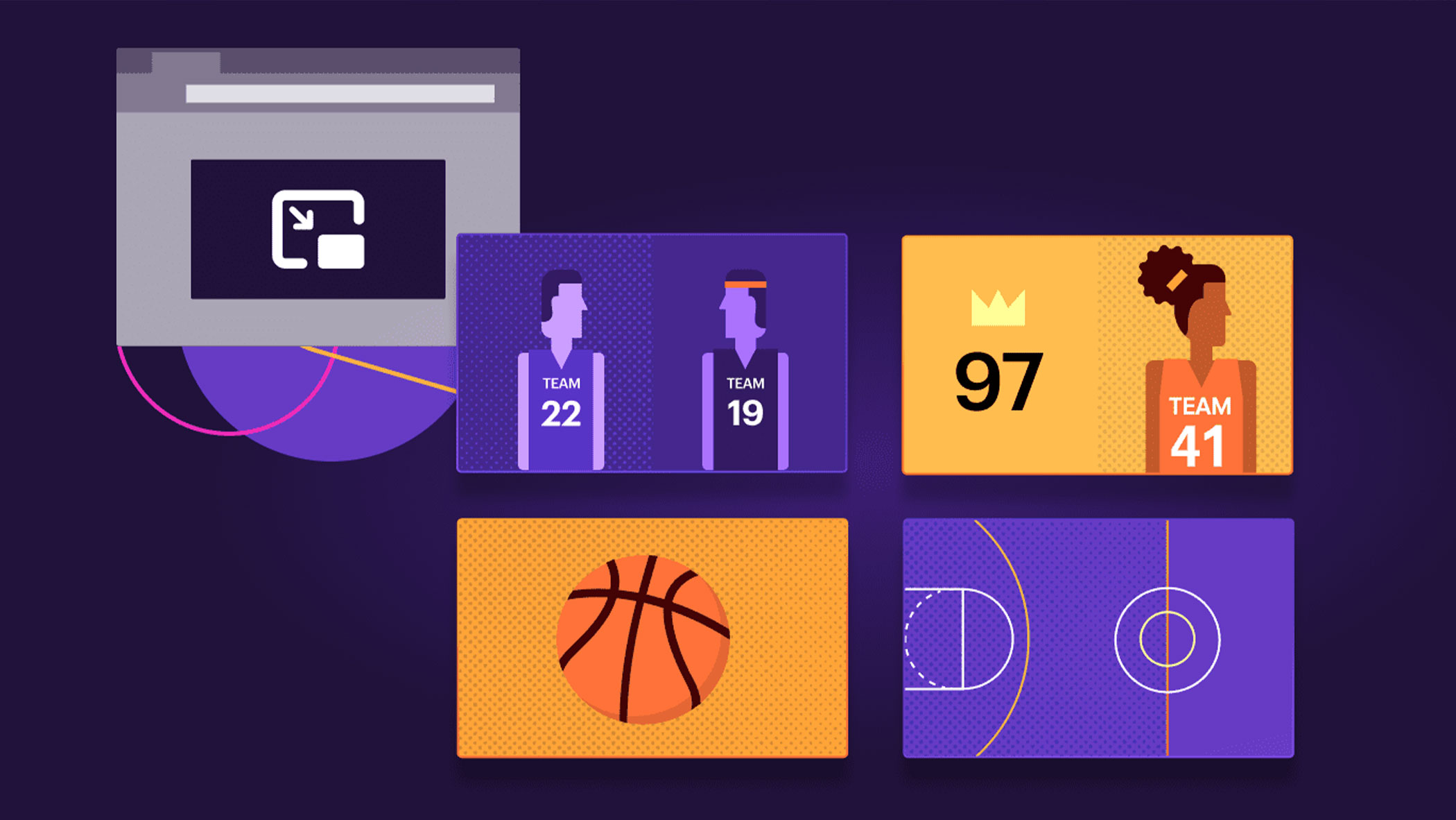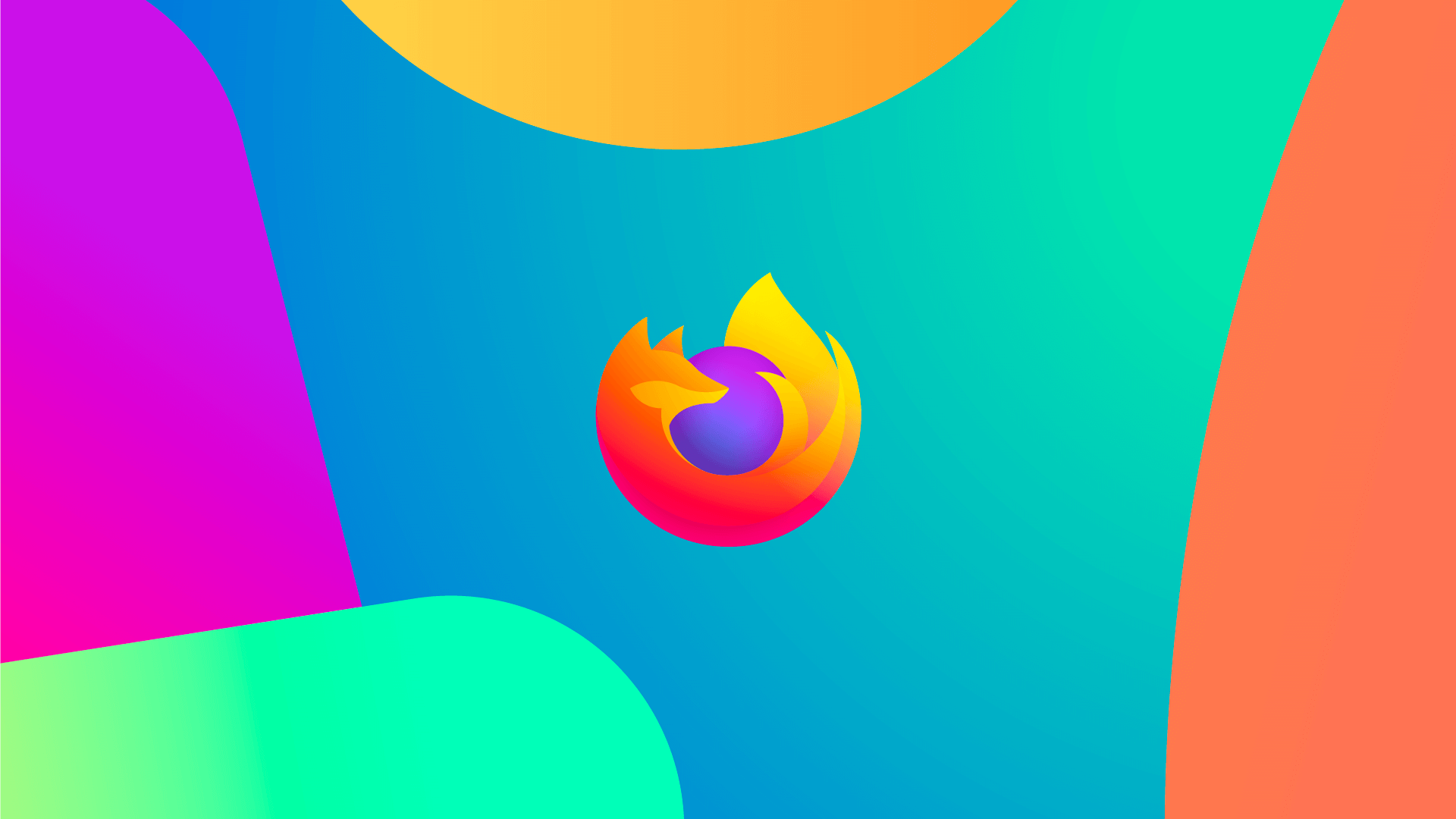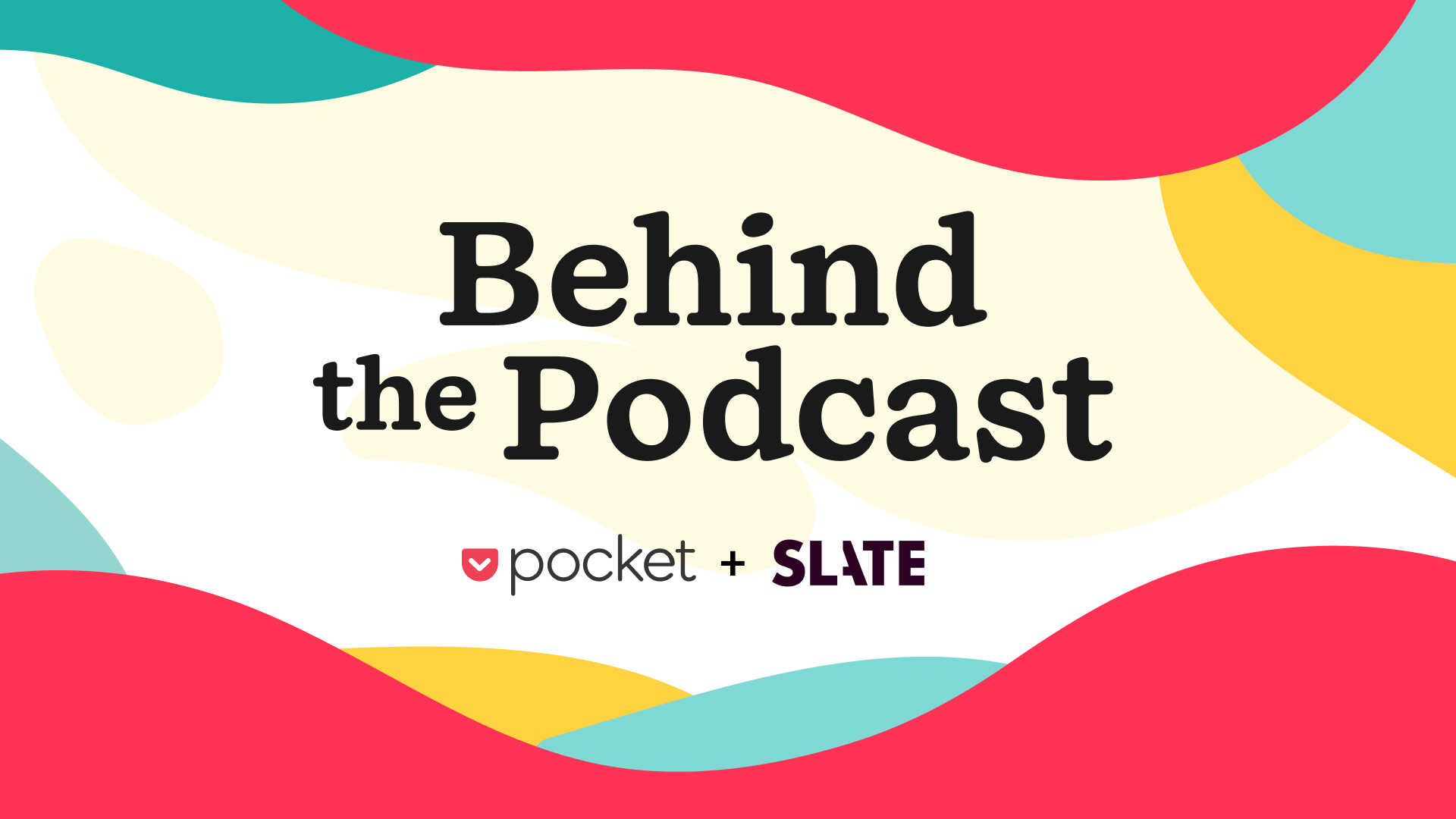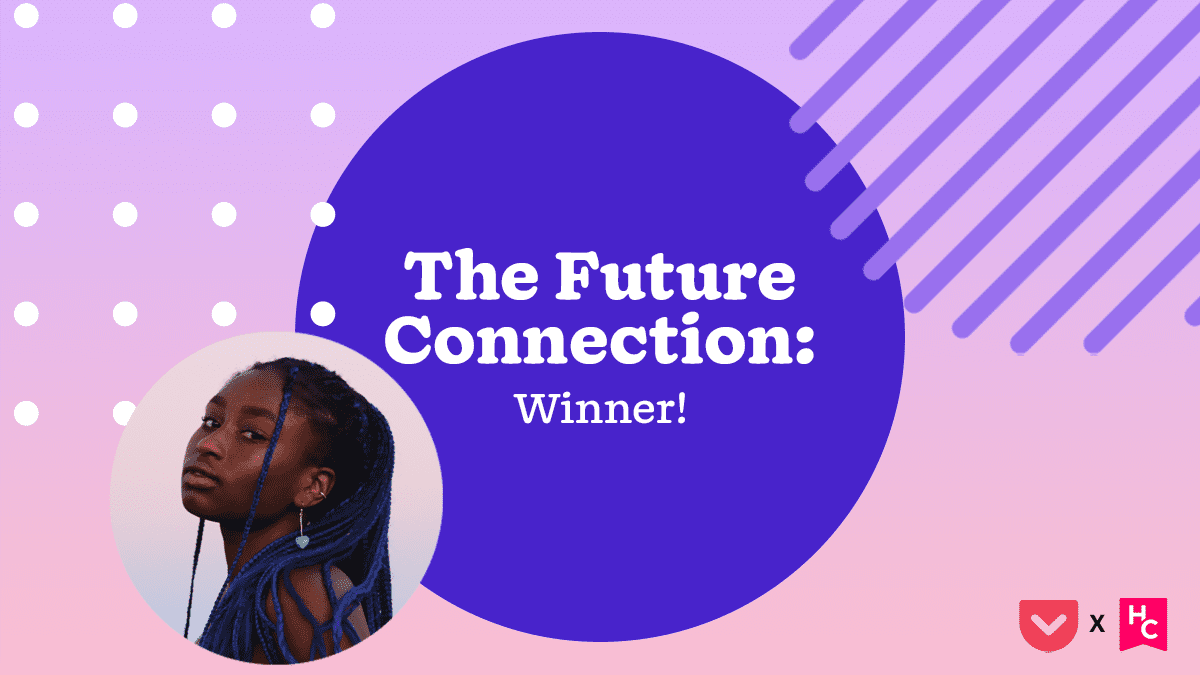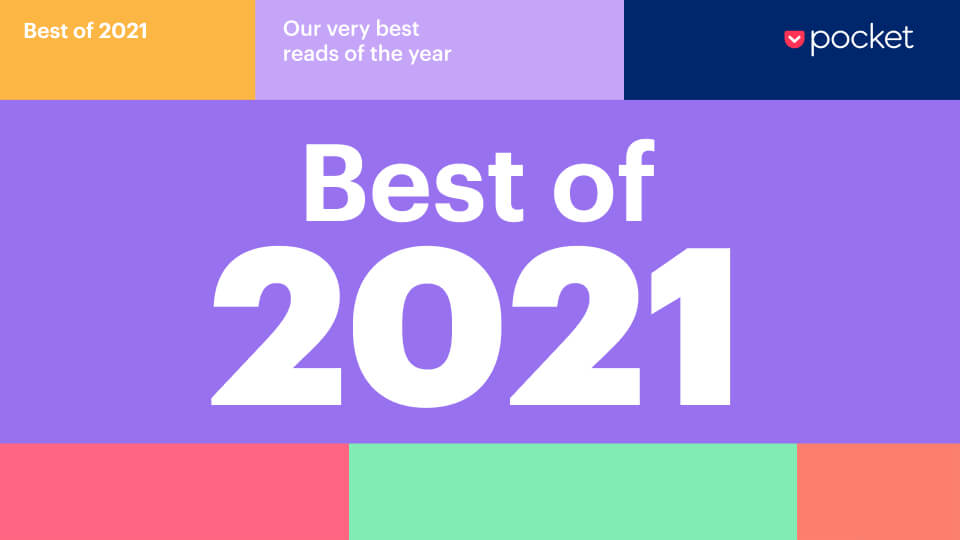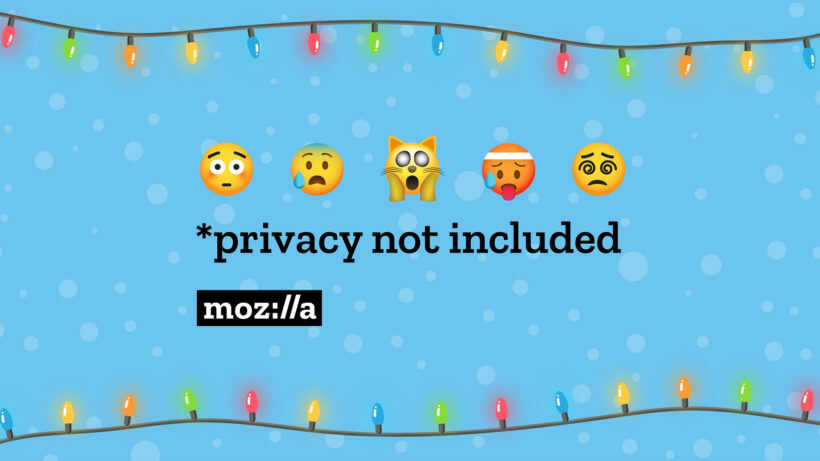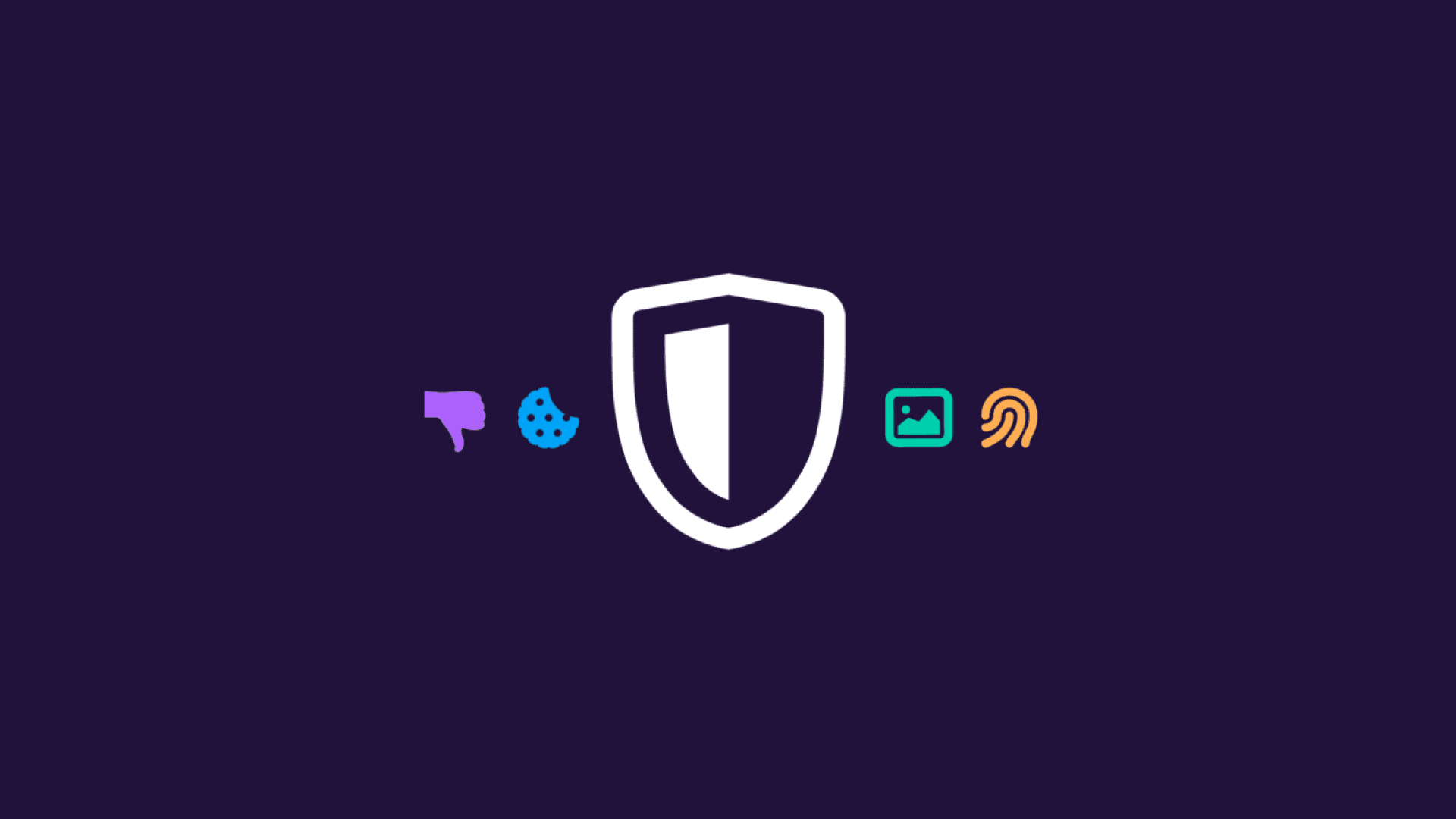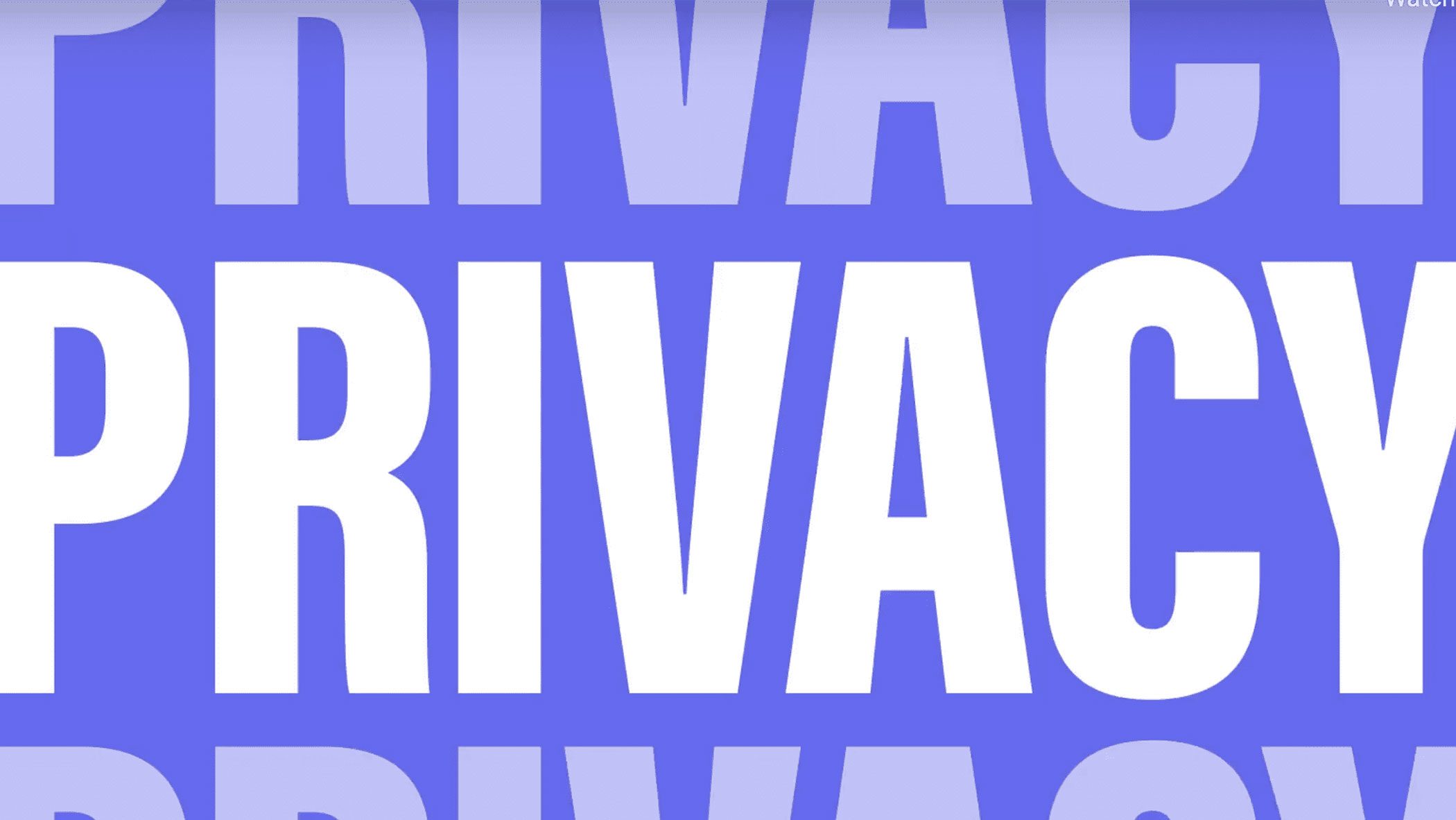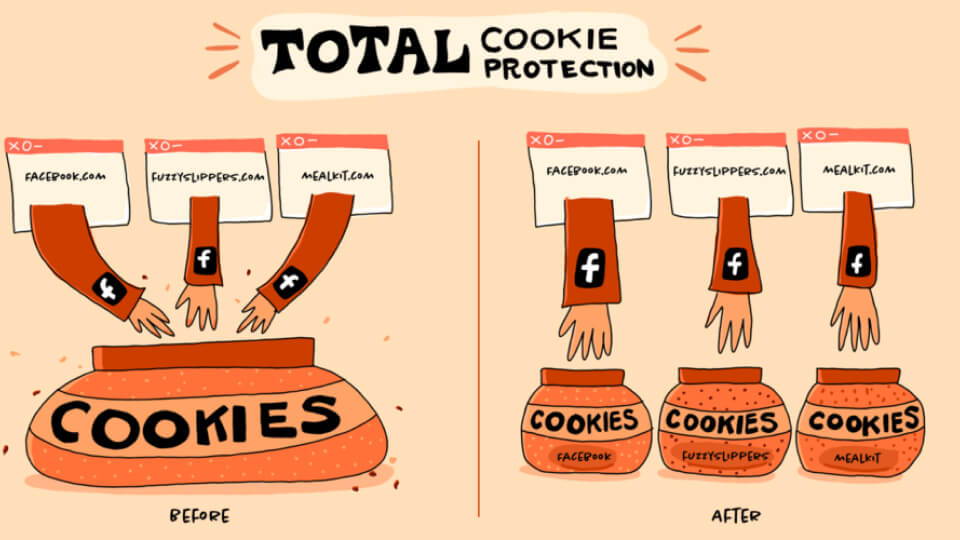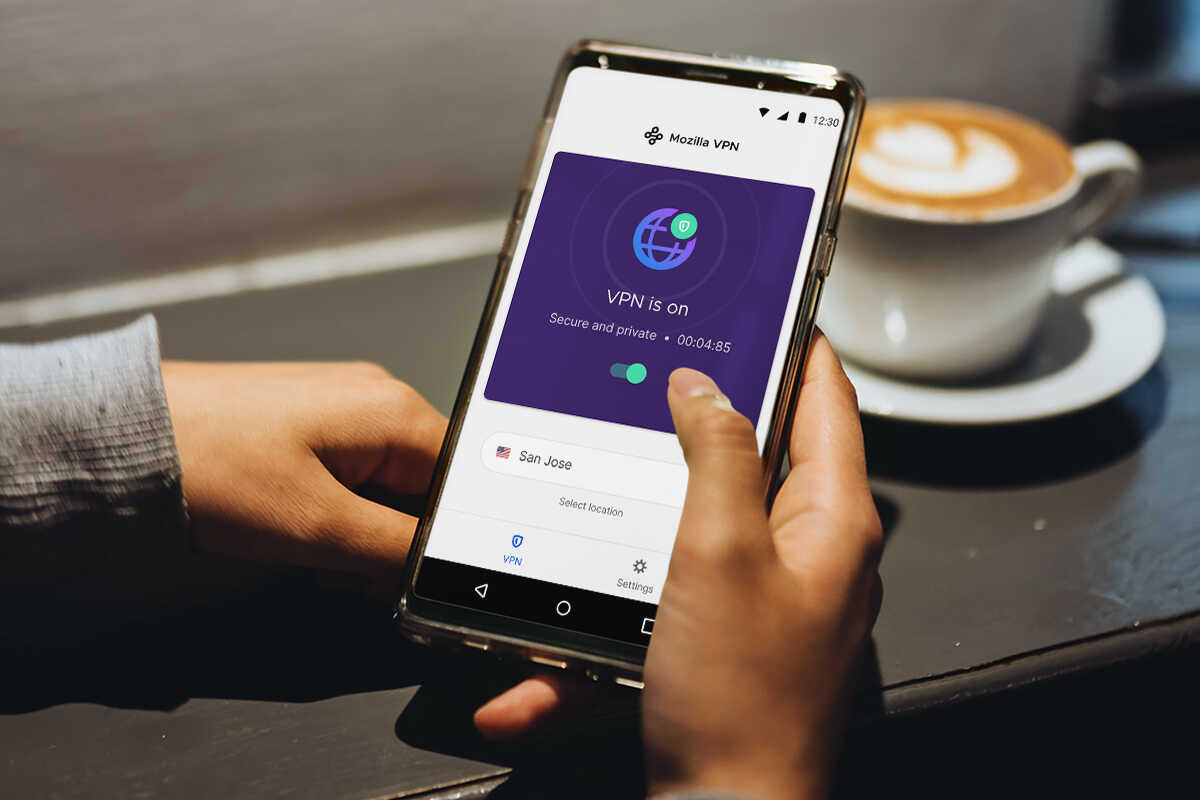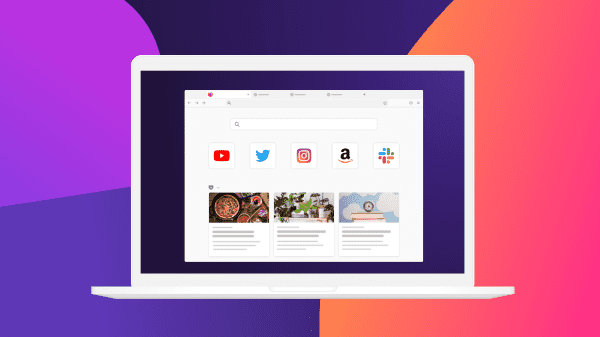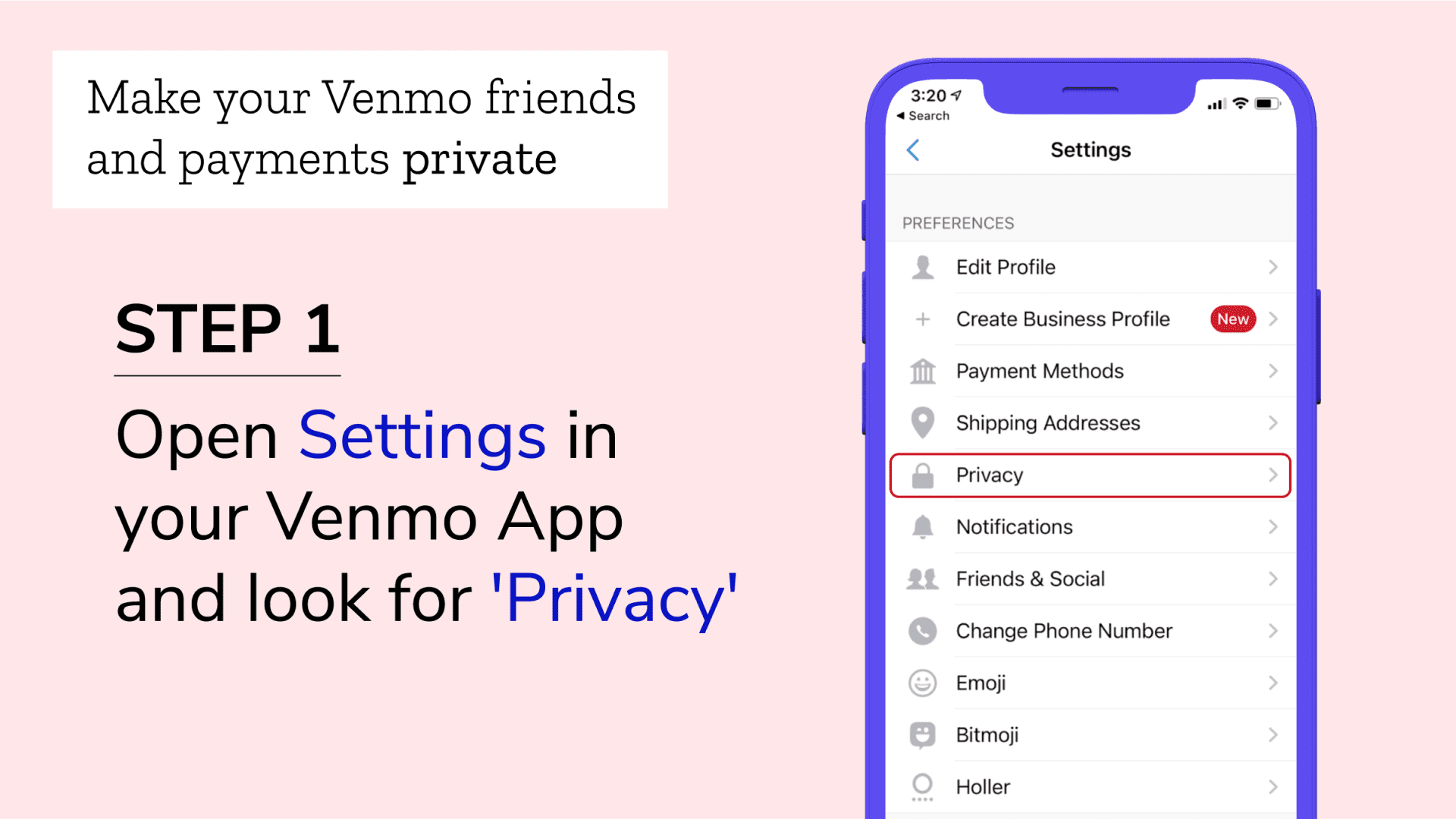Our impact
Every year we share publicly the ways our products and advocacy have helped build a better internet. One that is more joyful, safe, secure and trustworthy, in service of the people who rely on it every day. We outline how our organization is meeting the challenges of online life through an annual report: the State of Mozilla. This year’s report highlights our work in 2021 and is accompanied by our most recently filed financials which cover 2020.
All of this work is made possible by the Mozilla community. Our staff, contributors, partners and donors, as well as every single person who uses our products and believes in the promise of a better internet.
It’s going to take us all to make the internet better and we invite anyone to download Firefox, Pocket and Mozilla VPN, to volunteer with
us or to make a donation to support the work of internet health leaders around the world.
A word from our leadership
Mitchell Baker
Chief Executive Officer, Chairwoman of Mozilla Foundation
2021 opened people’s eyes – inside Mozilla and out – to what matters most. You see it in all walks of life: people reconsidering career paths, launching new projects, reassessing their priorities. The internet was not exempt. As an essential part of the infrastructure of daily life, many realized the internet simply does not work for them as well as it should. They also realized they don’t have to accept it as is. People want a safer, more joyful, less toxic and exploitative internet. That’s what Mozilla is building -- from offering a trusted VPN globally and bringing new privacy products and features to market, to encouraging platforms like Facebook and YouTube to get better at handling false and harmful content, and through our advocacy for a more privacy-preserving advertising ecosystem. People want a better Internet, and we at Mozilla are here to deliver it with them.
Our job now is to use this momentum to build the products and technology that connect people to the joy of the internet and deliver on the promise of a better internet.
We took a long hard look at our products and began a process of reassessment. How could they improve to bring people more satisfaction, more safety, and less harm?
For Firefox, we started at the beginning. What should the role of the browser be on today’s internet? Historically the browser’s job has been to get out of the way, but we asked ourselves, could we create a Firefox that was not intrusive but directly improved people’s online experience, programmed to create an experience that was more delightful, more efficient and worked better on their behalf? Yes. We obsessed over eliminating distractions, extra clicks and wasted time, and created a redesigned browser that is simple, modern, and beautiful. This improved Firefox supports what people do most in Firefox. We followed with improved mobile and desktop features that speed up navigation and features that make browsing more colorful and enjoyable.
Yet, we know you cannot truly enjoy the internet if it’s not safe, which is why we’ve continued to ship industry leading privacy protections in Firefox, including our award winning complete protection against cookie-based cross-site tracking and introducing HTTPS by default, automatically establishing a secure, encrypted connection over HTTPS whenever possible. We launched Relay and Relay Premium, our newest privacy and security product, a tool to allow people to protect themselves from the unceasing spam in their inboxes and safe from hackers and breaches. We also expanded our VPN offering to 9 new countries and improved our feature set to ensure our VPN is best in class.
In light of the infodemic that coincided with the pandemic, we invested further in Pocket, our product that encourages deep reading and allows people to engage with information online on their own terms. We published more than 200 collections of curated articles to inform and inspire. We brought on 50 new advertisers, expanded into new markets and welcomed new syndicated partners into the Pocket family. Pocket continues to prove that good quality content alongside a strong brand and partners is a recipe for success.
As advertising changes and the future of the web’s business model hangs in the balance, we have been exploring new and responsible ways to monetize that align with our values and set us apart. We’ve long believed the deprecation of cookies and a reckoning of the online advertising ecosystem was coming — and was much needed. Now it is here, and we are positioned to navigate the industry toward a new model of responsible advertising that respects people while delivering value to companies.
By building products for the future, we are building a business for the future. Our investments and decisions have begun to bear fruit.The work we’ve done during the last few years to diversify our revenue sources and build a company and foundation with a strong and stable revenue base positions us well for the years to come.
In many ways 2021 was a bridge to our future. We recommitted to our core goal: to build world-class products and programs that reflect our core values and help solve the problems of today’s internet. We focused on our users, reimagined the experience and value of our products, and put ourselves in a strong financial position to take on what’s next. All of this work was done alongside Mozilla's advocacy and philanthropy teams, who work with people around the world to champion the same values that guide our products. It is our unique ability to offer consumer products and services while also driving internet policy, and advocating for tech ecosystem change that will allow us to create not only a better internet for our users, but help build a better internet for all users.
With the wind of change at our back, we are poised to shepherd in a new era online and help guide people through a better, more joyful internet. I couldn’t be more excited.
A word from our leadership
Mark Surman
President and Executive Director
In 2021, it was impossible to miss the headlines about the internet — and the growing influence of artificial intelligence.
The Facebook Papers showed us just how influential the AI systems in consumer tech can be — they can shape how one person behaves or how millions of people vote.
The papers also showed us how harmful these AI systems can be. They often misinform, manipulate, isolate and enrage.
Frances Haugen, the former Facebook employee behind the papers, set off a frenzy that matched that of another whistleblower: Edward Snowden. With Snowden, the public and politicians suddenly understood how fragile our online privacy is. With Haugen, the same people are coming to understand just how influential — and sometimes harmful — these AI-driven platforms can be in our daily lives.
It was discouraging to read these headlines. To learn that the technology in our everyday lives is designed in ways that hurt us. And to learn that the companies building this technology aren’t always interested in changing their ways. But it wasn’t surprising — all of this is why Mozilla chose to focus its philanthropic and advocacy resources on the topic of trustworthy AI.
We’ve had this focus for a couple of years now. And, we’ve stuck with it because we’re convinced that we — and others around the world — can do something to make today’s internet better. Better for people. Better for democracy. Better for society as a whole.
Mozilla is part of a growing network of people and organizations who are trying to make AI more trustworthy — and to keep people accountable for using AI in irresponsible ways. What was previously a groundswell of concern about harmful AI has transformed into a groundswell of action. Right now, there are researchers and engineers, artists and activists who are no longer settling for empty promises about better AI. They are building solutions themselves. They are proving that it’s not just companies who can shape AI — it’s citizens and communities, too.
In 2021, we saw citizens and communities not just demand more transparency around AI systems, but actively create it. We had no choice: This work has never been more urgent, with big elections like Germany's Bundestag and more elections on the horizon in Kenya, Brazil and beyond. And with online misinformation — about COVID, about climate change — increasing.
At Mozilla, our research into political ads on TikTok pushed the platform to better meet its transparency pledge. And our RegretsReporter browser extension transformed tens of thousands of YouTube users into YouTube watchdogs, opening the lid on the black box that is YouTube’s recommendation algorithm.
Mozilla isn’t the only one operating in this space. Citizens and communities around the globe are also making AI transparency a reality. At NYU, Laura Edelson and the AdObserver team are standing up to Facebook about opaque political ads. And the Markup is doing similar, vital work with Citizen Browser.
In 2021, we also saw citizens and communities push for better data stewardship. By giving people, and not platforms, more control over data, we can rebalance the power dynamic online. The concept of Uber or Facebook controlling all our data — with little or no benefit to society at large — is falling out of favor.
Meanwhile, organizations like Worker Info Exchange in the UK are putting workers, not platforms, in control of their data. (Worker Info Exchange is also a member of our Data Futures Lab.) And at Mozilla, products like Common Voice and Rally are making data more democratic. Common Voice is building an open-source data set to make voice technology more inclusive. And Rally allows everyday internet users to donate their data to projects they believe in.
So what does all this add up to? In 2021, the call for trustworthy AI began to feel like a genuine, robust movement — a critical mass of people making sure technology helps, rather than harms, humanity. And it’s growing to match other vital social movements of our time, like the push for racial and environmental justice. The values, energy and innovation Mozilla brings to tools like Firefox and Pocket are also being harnessed to fuel this new movement to ensure a bright future for artificial intelligence.
As the world changes, the intersections between these different movements become clearer — from the researchers unmasking biased algorithms, to activists holding platforms to account for their impact on the environment.
In 2022, Mozilla will continue the important work of growing this movement — and making trustworthy AI a reality.
A word from our leadership
Angela Plohman
Executive Vice President
Eric Muhlheim
Chief Financial Officer
Mozilla stands apart for its unique governance structure. Founded as a community open-source project in 1998, Mozilla consists of two primary organizations: the Mozilla Corporation, a social enterprise, and its parent the Mozilla Foundation, a non-profit 501(c)3. The Mozilla Corporation earns revenue in the consumer technology marketplace — and then invests it back into products and ideas that further shape the marketplace for the public good. The Foundation earns revenue from both the Corporation and donations and grants — and then invests it in research, advocacy, people and projects that complement our consumer technology work.
The two organizations pool their separate strengths — building exceptional consumer technology and fueling a global movement, respectively — to pursue a singular mission.
This report provides a window into how the Mozilla Corporation and Mozilla Foundation operate, and it accompanies the audited 2020 financials for both organizations. Note: Each organization is governed by a separate board of directors.
A transformational journey towards growth and diversification
As outlined in our manifesto, we believe commercial involvement in the development of the internet brings many benefits. To that end, we build products, explore new technologies and shape a tech environment to give people more choice and control in their online lives.
In 2019 we began a journey to transform our business and diversify our revenues — through new offerings within our core products and new products — to help scale Mozilla’s mission to build a better internet. Well on our way, our multi-year strategy was interrupted by the uncertainty that came with a global pandemic and a struggling economy. As it was for many companies, 2020 proved to be a challenging year. For Mozilla, it required us to make strategic but difficult decisions to allow the company to act faster and more nimbly, experiment more and adjust more quickly. It also crystallized our focus on better understanding our users in order to create new value, new products and invest in innovative solutions to their problems. Looking back now, as much as 2020 was challenging, it turned out to be a pivotal year responsible for our success and growth in 2021.
As part of our focus to bring new value to our users' online experience, in 2020 we introduced a new product offering with Sponsored Tiles in the Firefox new tab. We saw immediate engagement from users and continued to invest and add new partners to this experience. In the fall of 2021 we also introduced Firefox Suggest, a new way to help people get to where they want to go online faster. We look forward to reporting more on this feature next year.
We deepend and expanded partnerships in our Pocket experiences. In turn, we have seen encouraging signals that the steps we took in 2020 to bring more opportunities to users with quality advertising through partners we trust — and who share our values of privacy and user control — is resonating.
In addition to our investment in diversifying revenue streams within our core products, we focused on bringing new products to market and expanding their availability in new markets. In February 2020, we launched Mozilla VPN, offering a virtual private network (VPN) that allows users to surf, stream, game and get work done while maintaining their privacy online. Our VPN is available to consumers on a month-to-month, semi-annual and annual subscription basis. In 2021, we expanded this offering to 9 new countries, resulting in a +450% increase in revenue from 2020 to 2021. We also launched Firefox Relay Premium in November of 2021, a subscription product to help users keep email inboxes spam free and safe from hackers.
While the majority of Mozilla Corporation revenue continues to be generated from global browser search partnerships, in 2021 our revenue from new product offerings will grow 150% year on year and will account for 14% of our revenue. Growing these new businesses is key to our strategy to create a more diversified and healthier business model for the future.
Overall in calendar year 2020, Mozilla Corporation generated $466M from search partnerships, subscriptions and advertising revenue. Our financial assets, including cash and investments, at the end of 2020 was $826M. In 2021, as a result of new core-product offerings, a resurgence in the ad-tech ecosystem and the launch of new products in market, we are forecasted to generate more than a half billion dollars in revenue and further strengthen our balance sheet.
In 2022 the Corporation will build on the foundation of 2020 and the success of 2021. We are excited to create new world-class products to help people better navigate the web and deepen our relationship with our users, and invest in new innovations and products, while continuing investment in our core products Firefox, Pocket and Mozilla VPN to serve the hundreds of millions of people that regularly use them.
Investing in the movement
As a social enterprise, Mozilla Corporation’s revenue is largely reinvested in the organization. A portion of the Corporation’s annual revenue also flows to its parent organization, the Mozilla Foundation.
In 2021, the Foundation continued its mission of growing the movement for internet health. Mozilla Foundation accomplished this by rallying everyday internet users to effect change; by providing grants and fellowships to people and projects on the frontlines of the movement; and by bringing vital issues like online privacy and trustworthy AI into the mainstream conversation.
Last year, we published our annual Internet Health Report, using original reporting and data visualization to explore the impact of the internet in a year when we depended on it like never before. Specifically, the report focused on the harms of algorithmic bias; the growing appetite for more equitable data ownership; and the need for more transparency in AI systems. In 2020, $583,833 was spent in support of this agenda-setting work.
The Foundation also uses grassroots organizing and public education campaigns to mobilize tens of millions of internet users. In 2021, our advocacy work urged Facebook, Venmo, TikTok and other big-tech companies to address issues like online privacy, the influence of paid political advertising and the need for more transparency on platforms. Last year, we spent $4,697,220 to support this advocacy work.
The Foundation provides support to people and projects on the frontlines of the internet health movement. We do so through fellowships and awards for technologists and researchers addressing issues like how disinformation spreads on social media, and the need to build open-source voice datasets that represent all the world and all its languages. In 2021, we held our 11th-annual Mozilla Festival, the first virtual week-long convening for the internet health movement. Last year, $7,557,215 was spent to support this leadership development work.
The Foundation’s revenue comes partially from the Mozilla Corporation. For 2020, the Mozilla Foundation received $16.3 million, per a trademark license agreement with Mozilla Corporation, allowing us to reinvest earnings from our products into advocacy and grant-making that grow the internet health movement.
Individual donations and grants to Mozilla Foundation complement this revenue from our social enterprise work. In 2020, the Foundation raised $9.6M through these avenues. We view these contributions not as donations, but rather as a way to match our own investment in the broader movement for internet health. The majority of these resources are used to fund fellows and other organizations within the movement.


